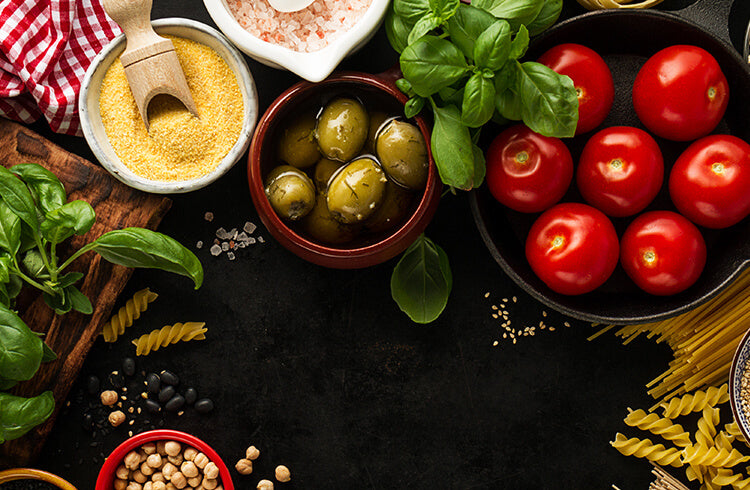
To help ease the process, we identified 75 of our favorite
Not too long ago, organic and biodynamic wines were a niche within the world of drinks. But recently, production and consumer interest in this category has grown rapidly, especially as the environmental impact of what we consume becomes front of mind. These wines have also outgrown their reputation for being unbalanced or difficult. Nowadays, many offer refinement and easy drinkability.
FreshDirect Wine & Spirits, recently introduced new bottles that represent some of the best values and greatest innovators in organic and biodynamic winemaking. But before we take a look at them, let’s establish what we’re talking about when we talk about organic wine:
Organic
In the US, organic wines are wines made using organic grapes and additives, meaning that they are grown without the use of synthetic fertilizers, pesticides or herbicides. Additionally, the USDA requires that organic wines have no added sulfites (sulfites act as a preservative that slows down wine spoilage).
Made with Organic Grapes
The USDA has a “made with organic grapes” label, which can be applied to wines that use organic grapes, but contain added sulfites and/or non-organic yeasts or other additives used to shape the character of the wine. Some wines that would be considered organic in Europe, where added sulfites are permitted in organic winemaking, fall under the “made with organic grapes” category in the US.
Biodynamic
Biodynamic agriculture treats a farm as a self-contained, self-sustaining organism and emphasizes biodiversity, soil health, and following natural cycles. In addition to meeting the standards for organic farming, biodynamic systems rely minimally on outside inputs—for example, the manure and compost produced by a biodynamic farm may be used to fertilize the soil, which in turn produces crops that sustain the living creatures on it. When employed in winemaking, this emphasis on site-specific resources leads to wines of unique terroir that reflect the land they’re grown on. Demeter, the largest organization for biodynamic certification, also requires that wines meet certain processing standards.
Natural
Natural is an unregulated term, although it’s worth mentioning since it has become a buzzword for wines of a certain style. Most commonly, it refers to wines with grapes grown according to organic practices that are fermented spontaneously with no additives, sulfites or refining. The results can range from breezy and highly drinkable to brazenly unconventional and challenging. Again, these are unofficial descriptors, so if you see a wine labeled as “natural,” it does not guarantee anything about the maker’s practices.
- cabbage,
- celery,
- corn,
- Cucumbers,
- Eggplant,
- Flowers,
- grapes,
- kiwi,
- news,
- orange,
- organic foods,
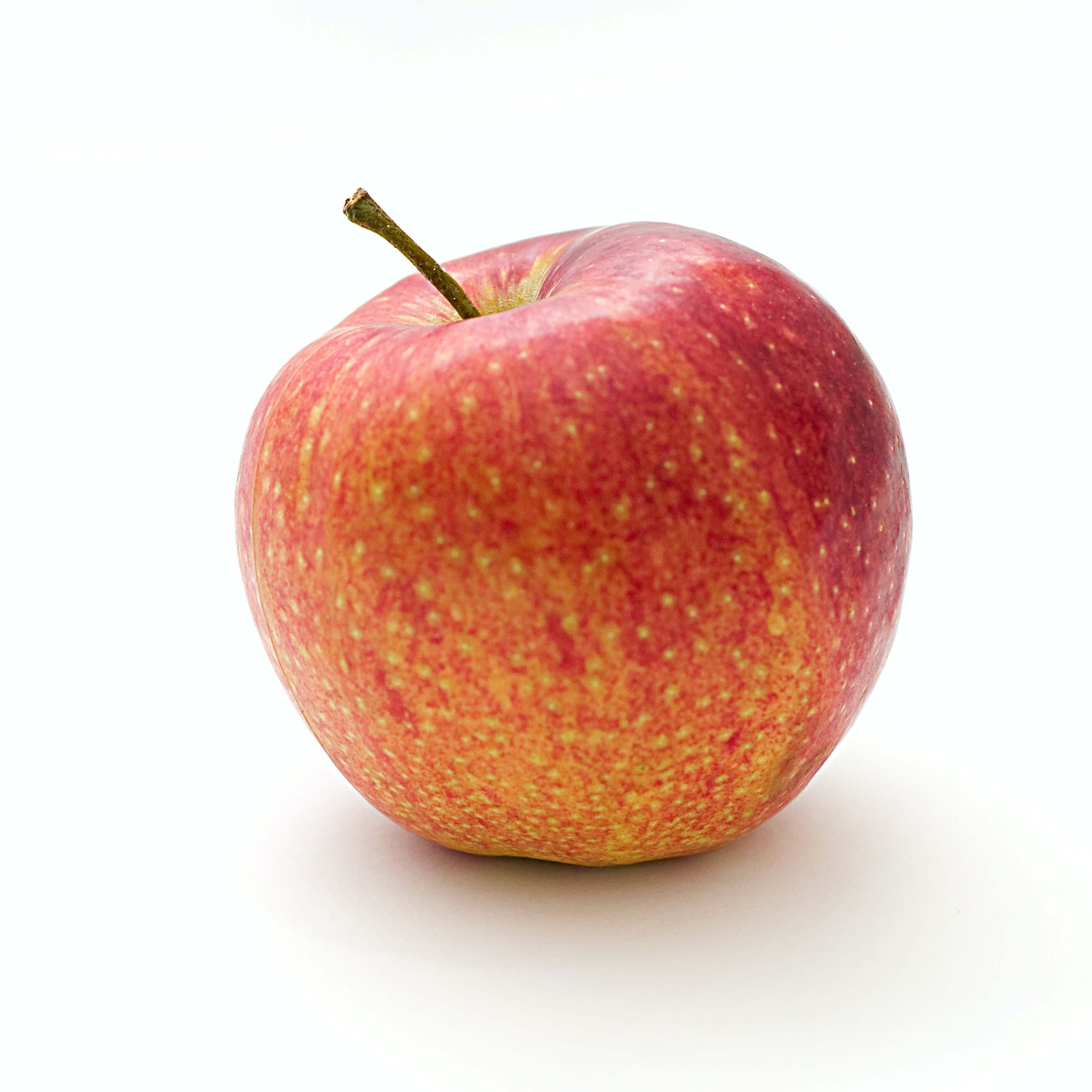
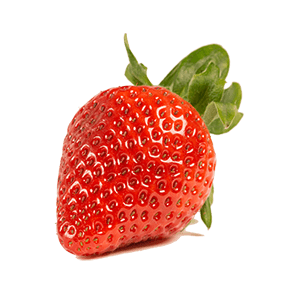
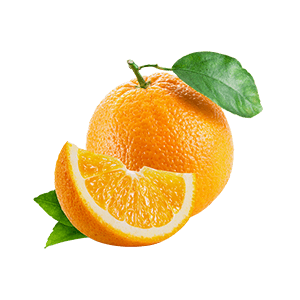
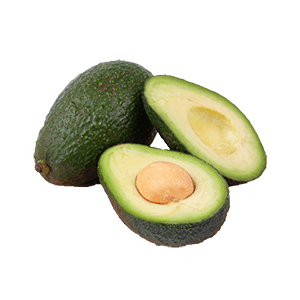
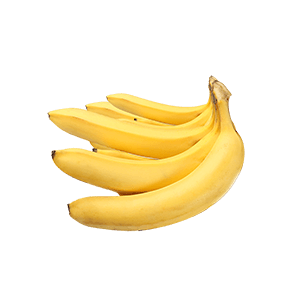
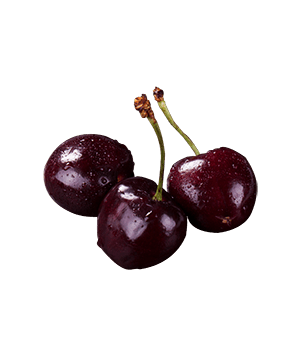
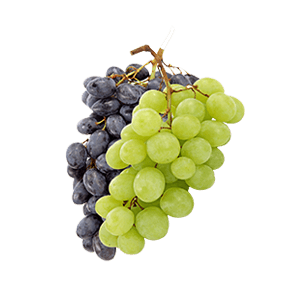
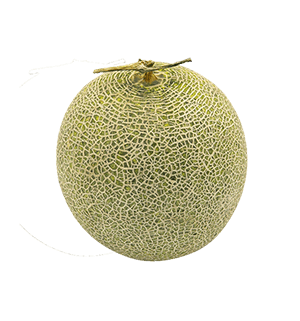
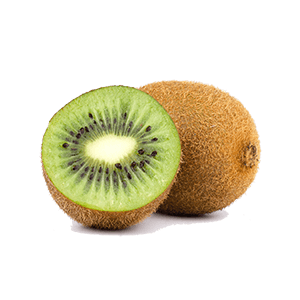
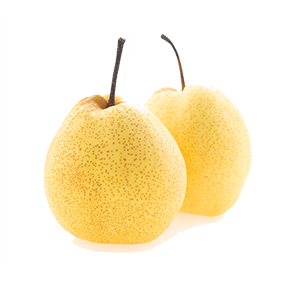
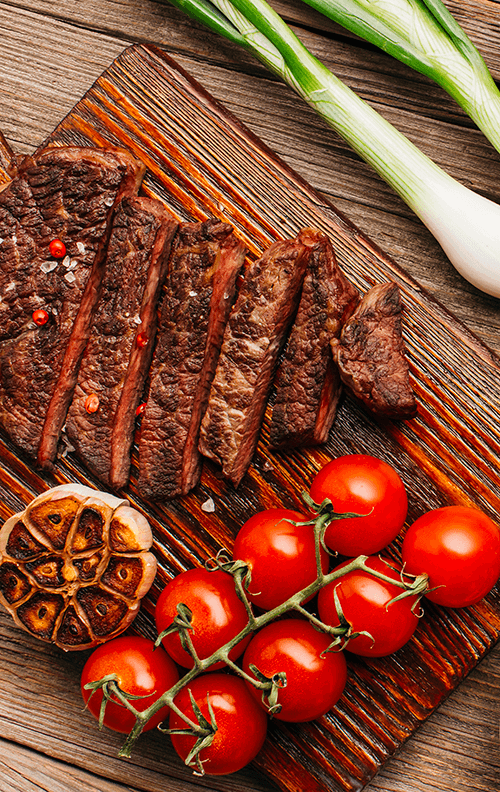

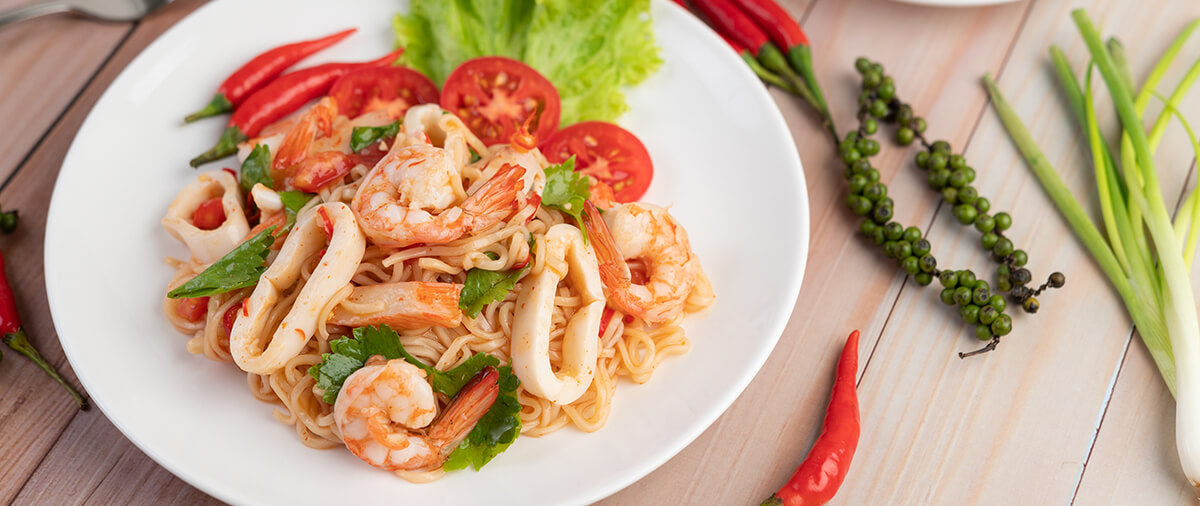

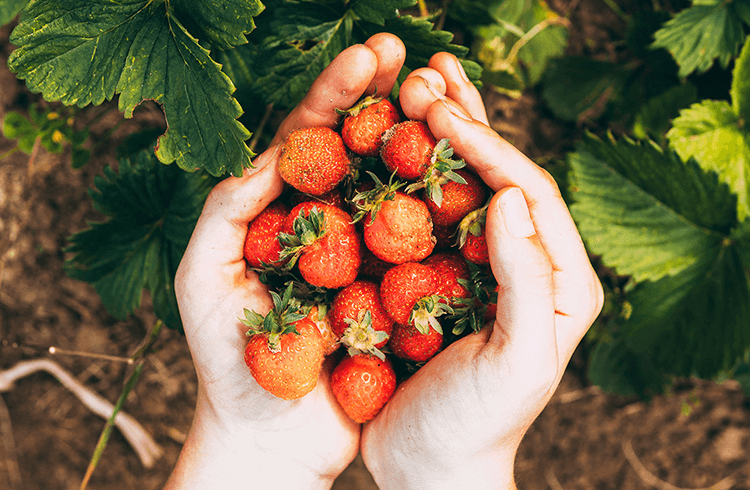
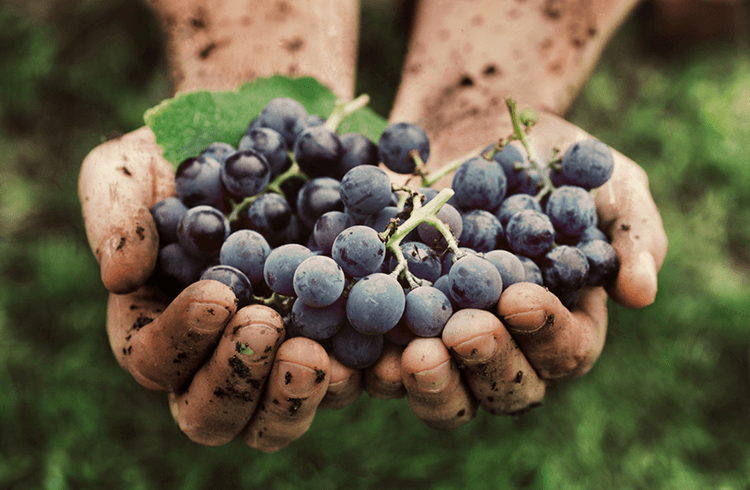
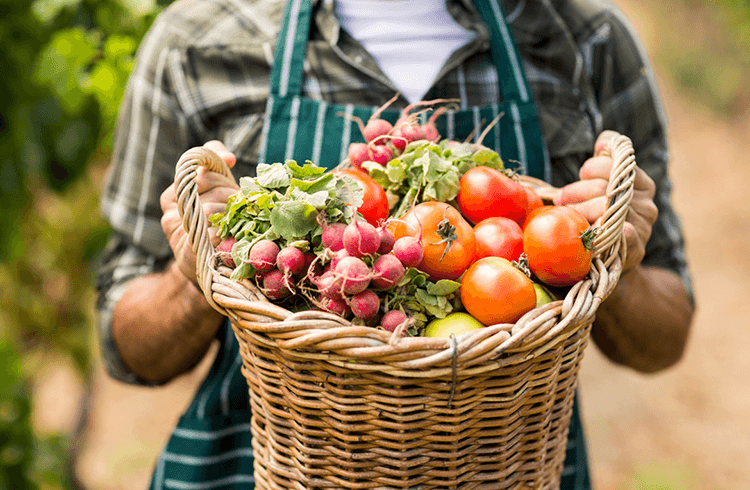
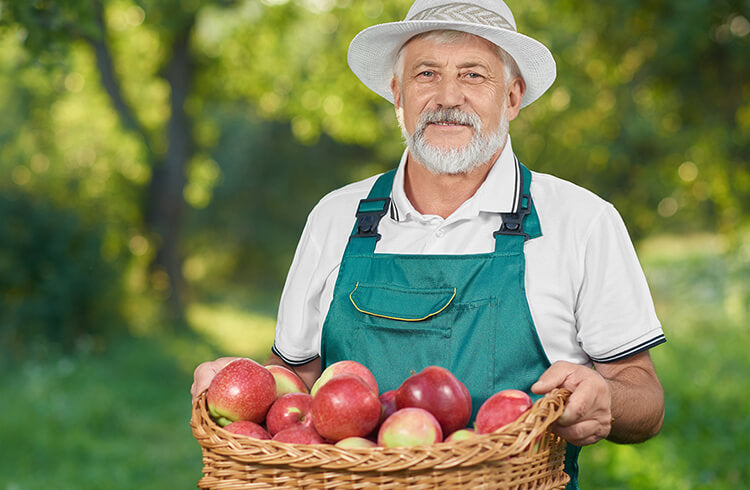

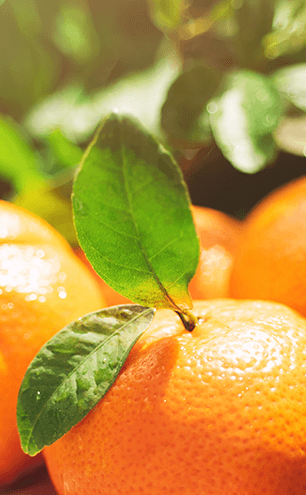
All Comments (1)
Biodynamic agriculture treats a farm as a self-contained, self-sustaining organism and emphasizes biodiversity, soil health, and following natural cycles. In addition to meeting the standards for organic farming, biodynamic systems rely minimally on outside inputs—for example, the manure and compost produced by a biodynamic farm may be used to fertilize the soil, which in turn produces crops that sustain the living creatures on it. When employed in winemaking, this emphasis on site-specific resources leads to wines of unique terroir that reflect the land they’re grown on.